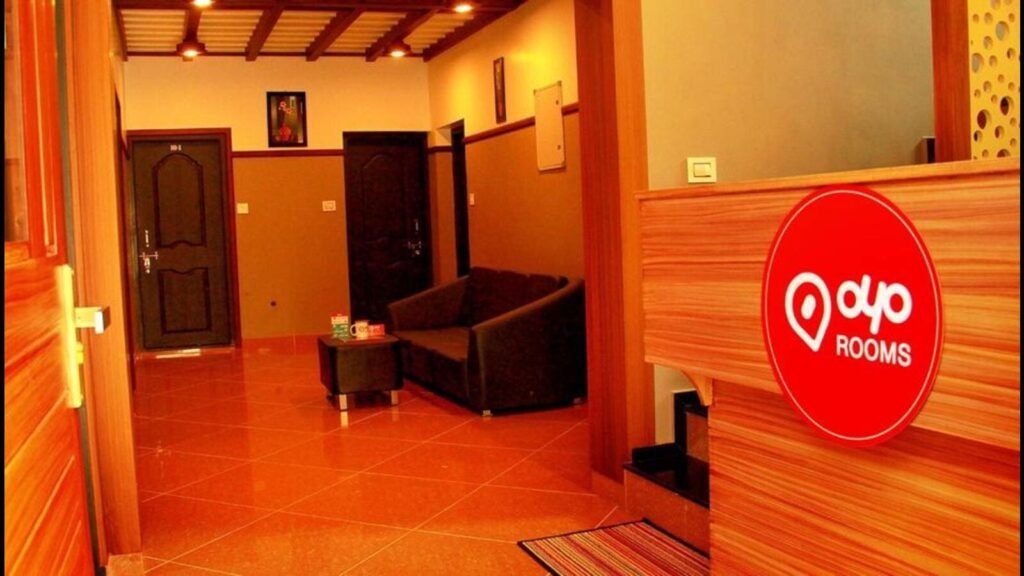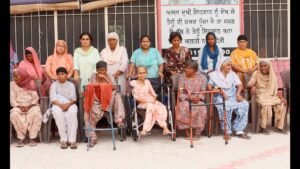
What does it mean to live in the world’s largest democracy if consenting adults must still justify their private choices? OYO’s new policy requiring “proof of relationship” has turned the simple act of booking a room into a moral interrogation. Is this a glaring symptom of a society shackled by regressive norms? In a country that celebrates love on cinema screens but polices it in reality, OYO’s capitulation to so-called “local sensibilities” reflects a troubling endorsement of prejudice disguised as tradition. Whose freedoms are being upheld, and whose are being quietly erased?

In a modern democracy like India, where the rights of consenting adults to engage in relationships are legally recognized, such a move reeks of social conservatism disguised as corporate policy. OYO’s justification — that the change aligns with “local sensitivities” and was developed in consultation with law enforcement and civil society groups — raises serious concerns. Whose “sensibilities” are being prioritized? Which “civil society” does this policy seek to appease? By bowing to nebulous external pressures, OYO is effectively outsourcing the moral policing of adult behavior to individual hotel owners. This sets a dangerous precedent where personal freedoms are subordinated to arbitrary moral policing.
This is a direct attack on the personal freedoms enshrined in our Constitution. It violates the right to privacy as guaranteed under Article 21, a principle upheld by the Supreme Court in its landmark 2017 judgment. If consenting adults cannot be assured the dignity of private choices in a society that claims to be progressing, then what use is our freedom?
The implications of this policy are far-reaching and deeply discriminatory. Unmarried couples are forced to legitimize their relationships through arbitrary documentation, a gross invasion of privacy. Queer couples, who already navigate societal and institutional biases, are effectively barred, as same-sex relationships lack legal recognition in India. In a country still grappling with entrenched patriarchal and heteronormative structures, this policy reinforces the very barriers that need dismantling.
Proponents of this change will argue that businesses, including hotels, have the right to refuse service. But can this right be used as a cover for discrimination? By that logic, any private entity could selectively exclude groups under the guise of “local values/sensibilities”. This would not only normalize prejudice but also weaken the very fabric of an inclusive society.
India, with its growing young demographic and rising urbanisation, is at a cultural crossroads. The nation has the largest generation of millennials and Gen Z in its history — individuals who increasingly value autonomy, individuality, and modern outlooks. For businesses like OYO, which are powered by technology and innovation, pandering to outdated social norms is both shortsighted and hypocritical. It alienates the very demographic that has fueled their growth.
This controversy also speaks to the broader societal hypocrisy about morality in India. Public displays of affection can still lead to harassment, and moral policing — by the state, society, or corporations — thrives unchecked. From Valentine’s Day protests orchestrated by self-styled guardians of culture to raids on pubs and cafes targeting young couples, the policing of personal choices is alarmingly pervasive. Instances like the infamous “anti-Romeo squads” in Uttar Pradesh that harassed young men and women under the guise of protecting women, and the routine shaming of couples in parks and public spaces highlight this hypocrisy. Even married couples have faced questioning in hotels by authorities assuming moral superiority. Meanwhile, LGBTQ+ individuals continue to endure discrimination, with their identities still subjected to societal scorn despite the decriminalization of Section 377.
Consensual adult relationships are personal and private, and no one — neither society, the State, nor corporations — has the right to question them. In a nation as diverse as India, where progress and tradition often collide, it is incumbent upon individuals, businesses, and institutions to champion the cause of personal freedoms and inclusivity. Anything less is a betrayal of the democratic principles that define us.
Freedom is the courage to live without seeking permission for choices that harm no one, or break any rule. As the great Hindi poet Harivansh Rai Bachchan wrote, “The traveler of Madhushala, how long will it last? There is a difference between those who get honey and those who drink it.” True liberation lies in transcending societal hypocrisies and recognizing that every individual has the right to their own journey. A society that curtails freedom in the name of tradition stifles its own growth and spirit.
Srinath Sridharan is a policy researcher and corporate advisor and Lloyd Mathias is a business strategist and early-stage investor. The views expressed are personal




